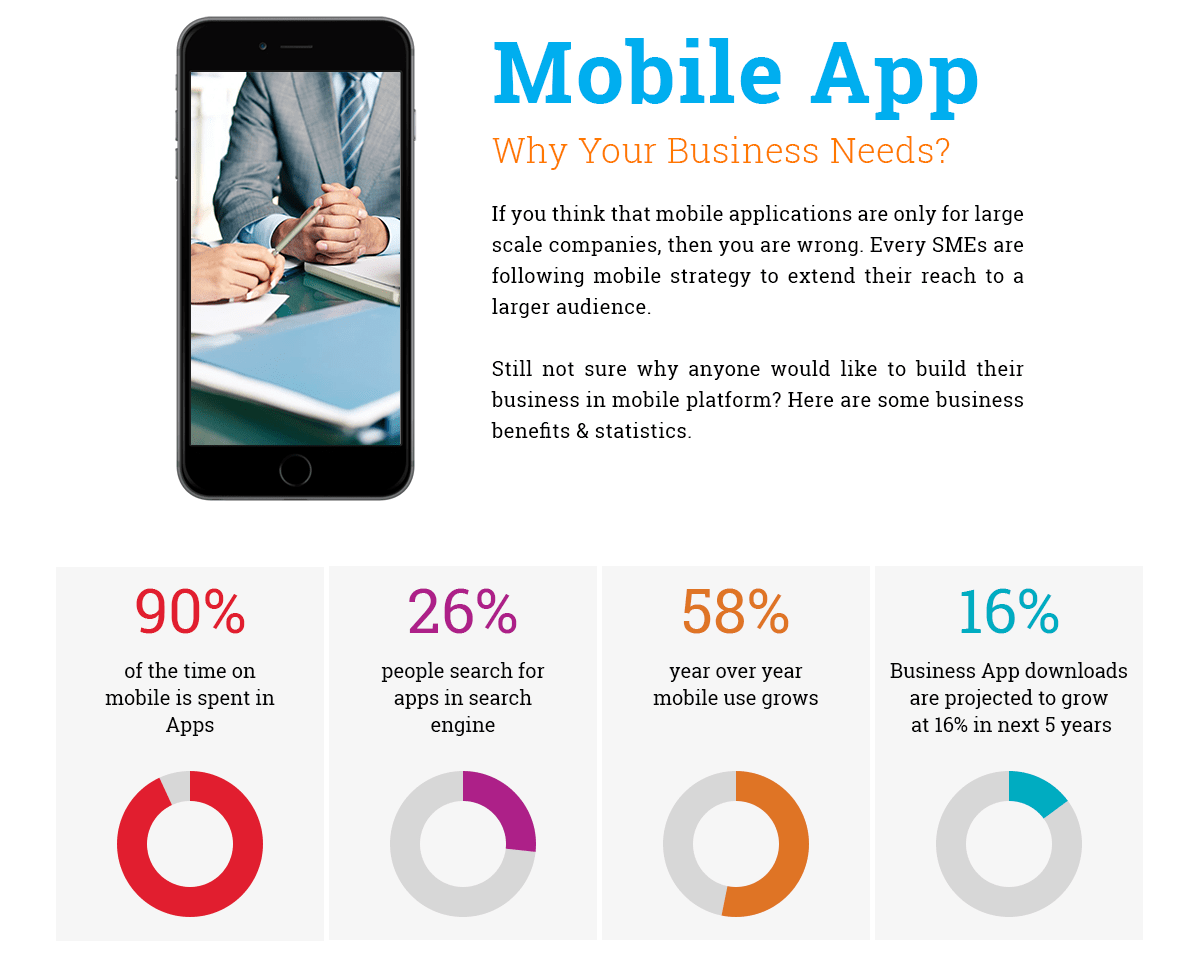Financial information system consulting gives businesses a way to optimize how they track, analyze, and share important data. Organizations rely on this approach to keep operations clear and consistent. Many enterprises seek advice on system setup, data security, workflow design, and long-term support. This article explores core ideas related to financial information system consulting. It also covers common questions, references, reviews, and potential drawbacks for each service.
What Is Financial Information System Consulting?
Financial information system consulting involves professional guidance on tools and processes that handle an organization’s fiscal records. Experts check current setups and suggest ways to reduce errors, cut costs, and maintain strong data flow. They link business objectives to effective system use, allowing decision-makers to rely on clear metrics.
Consultants look at factors like:
- System performance metrics
- Data safety measures
- Reporting formats
- Staff training needs
These focal points support clear budget management and fast analysis. In some cases, small companies may handle tasks by hand, but larger setups often need specialized tools. Consulting services help these businesses integrate solutions with minimal disruption.
Why Do Companies Need This Service?
Firms choose financial information system consulting because they want swift, accurate data handling. A straightforward and organized approach to finance can help teams plan ahead with fewer delays. Leaders who lack advanced software knowledge may rely on third-party experts to guide them through best practices.
Common reasons for seeking consulting include:
- An outdated accounting system that struggles with new demands
- A need to merge multiple financial tools
- Data protection concerns
- A shift in organizational structure or growth strategy
Consultants often test existing software, train staff, and deliver periodic checkups. Each action aims to refine how money-related information moves through daily tasks. An expert might tweak software settings to handle large transaction volumes or integrate reporting functions that managers need.
Key Services and Possible Drawbacks
Financial information system consulting can cover many specialized services. Each service addresses a specific area. This list introduces common options, along with concerns that buyers should consider:
- System Assessment
- What it does: Experts study current software and check if it supports the firm’s objectives.
- Possible drawback: Excessive detail can delay final recommendations and extend deadlines.
- Software Implementation
- What it does: Consultants pick and install accounting tools that fit specific needs.
- Possible drawback: Installation may conflict with existing infrastructure if not planned well.
- Data Migration
- What it does: Advisors transfer files from old setups to modern platforms.
- Possible drawback: Errors in data transfer can cause temporary confusion or lost records.
- Security Audits
- What it does: Professionals spot vulnerabilities in finance systems.
- Possible drawback: Overemphasis on add-on security features can drive up costs without yielding proportional benefits.
- Process Optimization
- What it does: Consultants refine workflows and suggest best practices.
- Possible drawback: Frequent changes can disrupt staff routines and cause short-term frustration.
- Training and Support
- What it does: Teams receive ongoing instruction to maintain skill levels.
- Possible drawback: Some staff may resist new methods or find remote training less engaging than on-site sessions.
Organizations should weigh benefits against these drawbacks before committing. Clear communication often offsets potential hiccups.
How to Implement Financial Information System Consulting
Businesses can follow a direct method to make sure the consulting process flows smoothly:
- Set Goals: Define what you need from financial information system consulting. List clear metrics such as cost reduction, faster data access, or improved reporting accuracy.
- Choose a Consultant: Pick a service provider with a track record of software knowledge, data protection insight, and relevant industry experience.
- Share Data: Give consultants information about your workflows, tools, and existing setups. This helps them build a precise plan.
- Review Proposals: Look at each suggested approach and check if it fits your budget, timeline, and risk tolerance.
- Test Solutions: Ask for a pilot run or demonstration. This step helps confirm that new features work as promised.
- Train Staff: Provide clear sessions or written guides. Make sure employees feel comfortable asking questions.
- Monitor Results: Track metrics after implementation. If issues arise, follow up with your consultant to fix them promptly.
This sequence encourages a steady path from problem to solution. It also promotes teamwork and transparency between different stakeholders.
People Are Always Asking
“Why do businesses invest in financial information system consulting?” That question comes from individuals who want to see if the cost is worth it. The short answer: companies value reliable insights into their funds, and they want data to guide decisions. Skilled consultants help set up efficient software and keep data safe. This results in fewer errors, faster approvals, and stronger management.
Some question the return on investment for such services. In many cases, the reduction in manual tasks balances the consultant fee. Others ask if smaller businesses gain from these services. Experts say that even small firms benefit because improved processes make growth more possible.
Reviews from Clients
Clients often share feedback that highlights the benefits of financial information system consulting:
- “We saved many hours per week on invoice handling,” says a mid-sized retailer. “Staff now has more time for direct sales.”
- “The new software integrates with our bank platform,” states a local construction firm. “We see all our transactions in one spot, and that helps with credit line planning.”
- “We appreciated the security audit. It revealed weak points that we never considered,” reports an events company. “Our data is now more secure, and we feel at ease.”
However, some clients note that changes can seem confusing at first. Others mention fees that feel heavy, especially if a firm has not budgeted for consulting in advance.
References for Financial Information System Consulting
Reliable resources strengthen your knowledge on this topic. Consider these sources for more details:
- International Federation of Accountants (IFAC) – Offers guidelines on accounting best practices and digital solutions.
- Institute of Management Accountants (IMA) – Publishes technical papers on finance tools.
These references can help you explore methods to streamline financial processes. They also give clear action points for improving systems on a gradual basis.
Frequently Asked Questions (F&Q)
Q: How long does a typical consulting project take?
A: Small-scale projects can last a few weeks, while larger efforts may extend over several months. The timeline depends on the scope, number of staff members, and integration with existing systems.
Q: Do consultants handle all financial tasks after setup?
A: Consultants usually focus on design, training, and support. In most cases, the business retains day-to-day control over tasks such as data entry and reporting.
Q: Can consulting fees fit within a modest budget?
A: Many consulting firms offer tiered options. Small firms often find a package that matches their resources. Basic plans might involve a simple audit and a short training session, while larger plans add more advanced features.
Q: Do consultants guarantee zero downtime?
A: No consultant can promise zero downtime. However, careful planning and testing can reduce disruptions. This usually includes scheduled maintenance and data backups that protect ongoing processes.
Q: Is data migration safe?
A: Experts use proven methods to transfer records. They make backups, test each step, and verify accuracy once the process is finished. While issues can happen, a professional team can reduce risk through preparation.
Final Thoughts
Financial information system consulting aims to keep a company’s finances well-organized, accurate, and protected. This approach helps key decision-makers see how money moves and plan future strategies with confidence. Services range from software deployment to security reviews, and each one has unique benefits and risks. Clear expectations and a realistic timeline often lead to a positive outcome.
If you want strong financial data management, consider a firm that offers support in critical areas such as assessment, setup, migration, and optimization. With the right plan and open communication, your team can experience measurable gains in efficiency and visibility.







